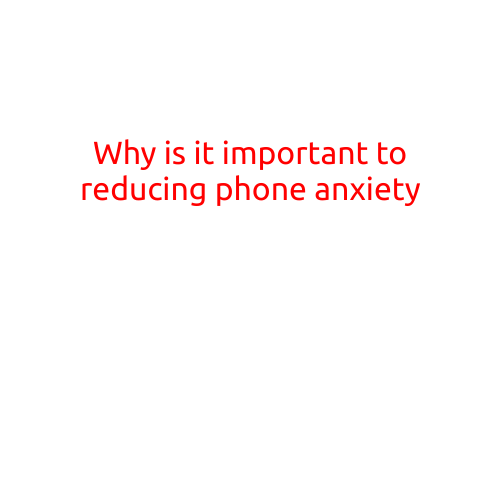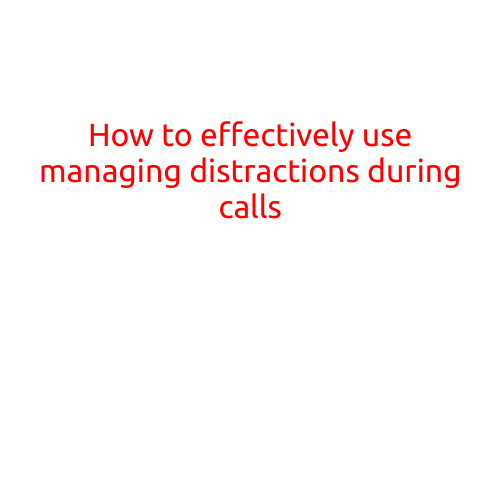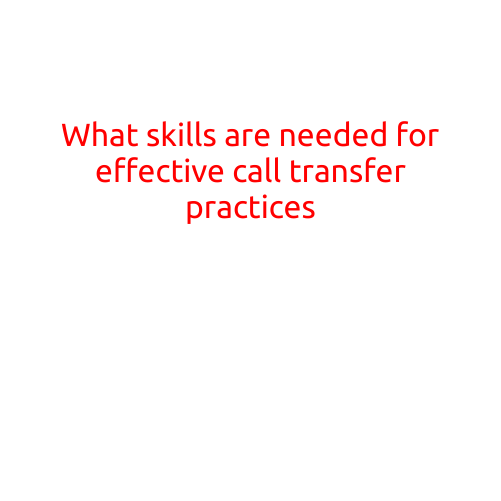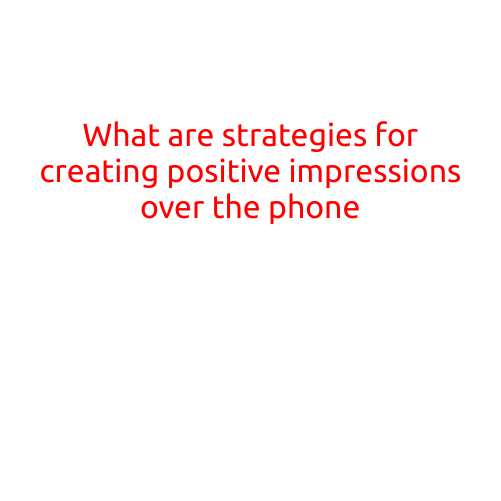
Why is it Important to Reduce Phone Anxiety?
In today’s digital age, our phones have become an essential part of our daily lives. From staying connected with friends and family to accessing information and staying productive, our phones are always within arm’s reach. However, despite their convenience and utility, our phones can also be a significant source of stress and anxiety. This phenomenon is commonly referred to as “phone anxiety,” and it’s more common than you might think.
Phone anxiety can manifest in various ways, such as:
- Constantly checking notifications and feeling a sense of dread or apprehension when you don’t receive a response
- Feeling pressure to constantly be “on” and available to respond to messages or calls
- Worrying about the impact of your phone use on your relationships or reputation
- Experiencing physical symptoms such as headaches, neck strain, or eye strain from prolonged phone use
So, why is reducing phone anxiety important? Here are a few compelling reasons:
- Improved Mental Health: Phone anxiety can contribute to increased levels of stress, anxiety, and depression. By reducing phone anxiety, you can improve your mental well-being and overall mental health.
- Increased Productivity: Phone anxiety can be a significant distraction, making it difficult to focus and be productive. By reducing phone anxiety, you can increase your productivity and get more done in less time.
- Better Relationships: Phone anxiety can lead to increased conflict and misunderstandings in relationships. By reducing phone anxiety, you can improve communication and build stronger, more meaningful relationships.
- Improved Sleep: Phone anxiety can make it difficult to wind down and fall asleep, leading to sleep deprivation and related health problems. By reducing phone anxiety, you can improve your sleep quality and overall health.
- Increased Self-Awareness: Reducing phone anxiety can help you develop greater self-awareness and understanding of your own emotions and behaviors. This can lead to greater self-acceptance and personal growth.
So, how can you reduce phone anxiety and start enjoying a healthier, more balanced relationship with your phone? Here are a few tips:
- Set boundaries: Establish specific times when you’ll check your phone, and avoid mindless scrolling throughout the day.
- Practice mindfulness: Pay attention to your phone use and the emotions associated with it. Notice when you’re checking your phone out of habit or anxiety, and gently refocus your attention.
- Find alternative ways to relax: Instead of reaching for your phone when you’re feeling stressed or anxious, try activities like meditation, exercise, or reading to calm your mind and body.
- Set screen time limits: Use built-in features or apps to track and limit your screen time, helping you stay focused and avoid excessive phone use.
- Prioritize face-to-face interactions: Make time for in-person connections and interactions, which can help reduce phone anxiety and improve overall well-being.
In conclusion, reducing phone anxiety is crucial for maintaining good mental health, improving relationships, increasing productivity, and achieving a better work-life balance. By setting boundaries, practicing mindfulness, finding alternative ways to relax, setting screen time limits, and prioritizing face-to-face interactions, you can start reducing phone anxiety and enjoying a healthier, more balanced relationship with your phone.





